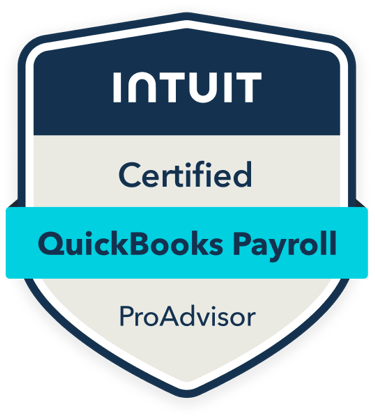Expense Tracking: Like Detective Work, But With Less Cool Sunglasses
Every dollar is a suspect. Where did it go? Who spent it? And, seriously, WHY did you buy that many Post-it notes?
8/25/20251 min read


Every dollar is a suspect. Where did it go? Who spent it? And, seriously, WHY did you buy that many Post-it notes?
That’s the mindset of expense tracking—it’s detective work for your business finances. The good news? You don’t need trench coats or sunglasses. Just a system.
Here’s the thing: when you don’t track your expenses, little purchases sneak off into the shadows. Lunches here, subscriptions there, and before you know it, your budget is riddled with mysterious leaks.
So how do you play detective without losing your mind?
Use a simple system. This could be as low-tech as a spreadsheet, or as handy as an app like QuickBooks, Wave, or even Mint. The goal is to record every transaction, no matter how small.
Categorize consistently. Think of categories as case files. Office supplies, meals, travel, software—each one gets its own folder so you can easily spot trends.
Leverage tech. Many apps connect directly to your bank account, automatically pulling in expenses. It’s like having a junior detective who does the boring grunt work for you.
Stay on top of it. The longer you wait, the fuzzier the trail gets. Make expense tracking a weekly habit, and you’ll always know where your money is hiding.
And here’s the big payoff: accurate records don’t just make you feel like Sherlock Holmes. They also make tax time so much easier. Come April, you won’t be scrambling through a shoebox of crumpled receipts. Instead, you’ll have clear, organized data—and maybe even discover a few extra deductions along the way.
Expense tracking isn’t glamorous, but it is powerful. It keeps your money accountable, your stress lower, and your business stronger.
Copyright © 2024. All rights reserved.






